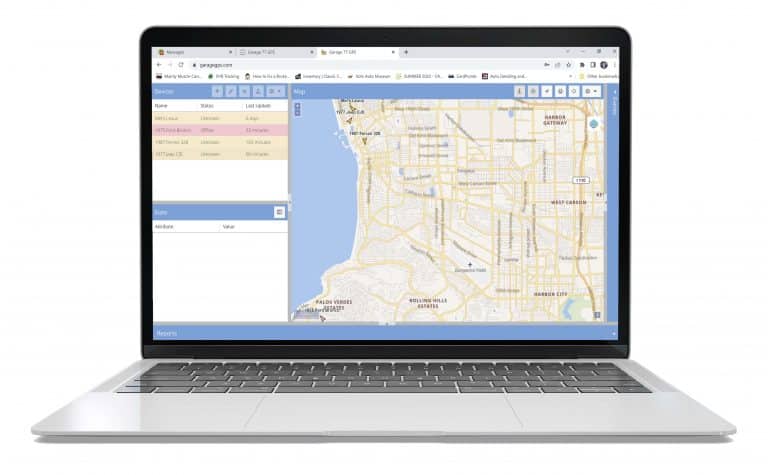The world is changing at a rapid pace, and technology is playing a vital role in bringing this massive transformation. In the field service industry, GPS has become a game-changer. A growing number of companies are now utilizing GPS fleet tracking to expand their reach and streamline their operations. In this article, we’ll explore why GPS tracking is so important for field service companies.
Improved Route Planning
One of the biggest benefits of GPS tracking is accurate and efficient route planning. Having a clear picture of where each vehicle is and how long it will take to reach its destination can aid in scheduling and dispatching technicians. This helps reduce downtime, increase response time, and improve customer satisfaction.
Real-Time Visibility
Field service companies that have a fleet of vehicles know all too well the challenges of managing multiple vehicles and drivers. GPS fleet tracking provides real-time visibility of each vehicle location, enabling managers to see where their drivers are, the fastest routes to reach their destination, and how long it will take for them to arrive. This information can be invaluable, especially when deadlines are tight, and time is of the essence. Companies that use GPS tracking can better manage their resources and ensure efficient and timely service delivery.
Better Asset Management
Construction equipment, tools, inventory, and other assets are valuable investments for field service companies. GPS tracking technology helps keep these assets secure by providing real-time location updates, making it easier for companies to track them. In case any item is stolen, the GPS tracker can assist in identifying the location of the theft and improve the chances of recovery.
Improved Safety and Compliance
Field service companies are responsible for ensuring compliance with safety and driving regulations to minimize the risks associated with the operation of fleet vehicles. GPS fleet tracking provides data and insights into driver behavior, such as harsh braking and excessive speeding, that could compromise safety. Managers can use this data to offer training to drivers as required to improve safety on the road.
FAQs
What’s the cost of GPS tracking?
The cost of GPS tracking varies depending on the company offering the service and the level of tracking required. Typically, companies can expect to pay a monthly subscription fee ranging from $15 to $50 per vehicle.
Can GPS tracking help optimize fuel consumption?
Yes, GPS tracking can aid in optimizing fuel consumption by identifying the shortest and fastest routes, reducing idle time, and improving driving behavior.
What happens if someone tries to tamper with the GPS tracker?
GPS trackers are designed to be tamper-proof, but in the event of an attempted tampering, an alert is generated automatically for the fleet manager.
Conclusion
GPS fleet tracking has become a powerful tool for the field service industry, providing real-time visibility, improved route planning, better asset management, improved safety and compliance, and more. As the world continues to change, field service companies must embrace new technologies like GPS tracking to remain competitive and provide high-quality service.







